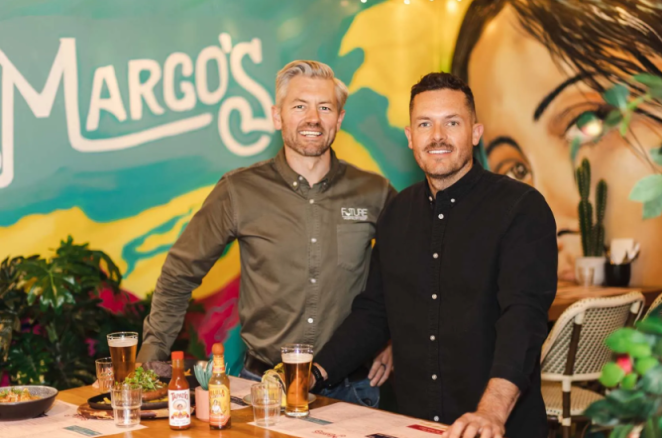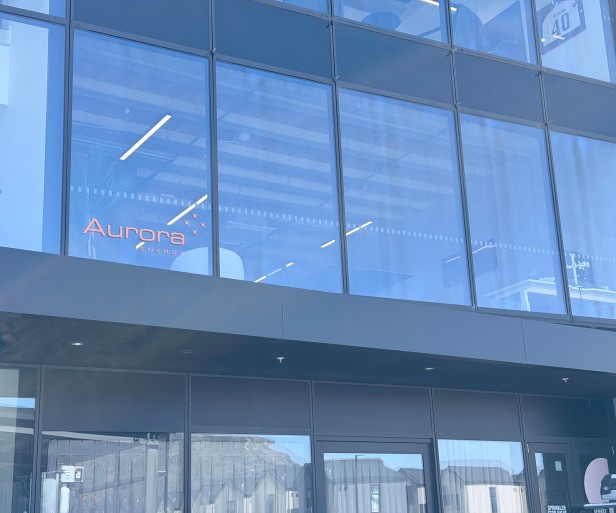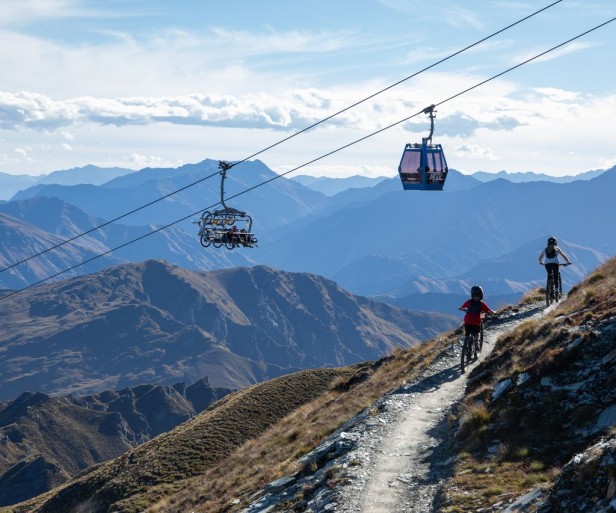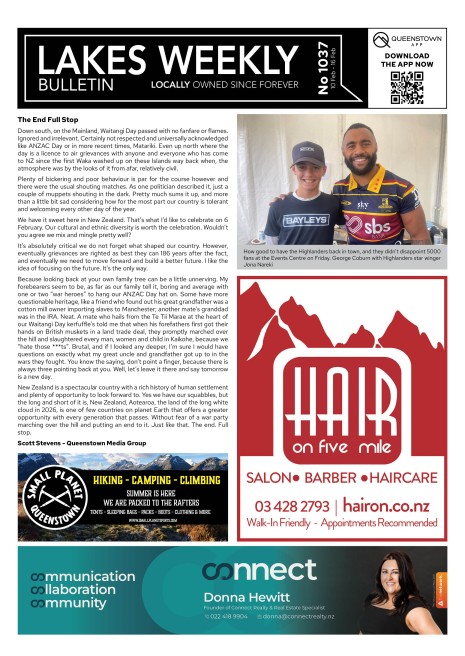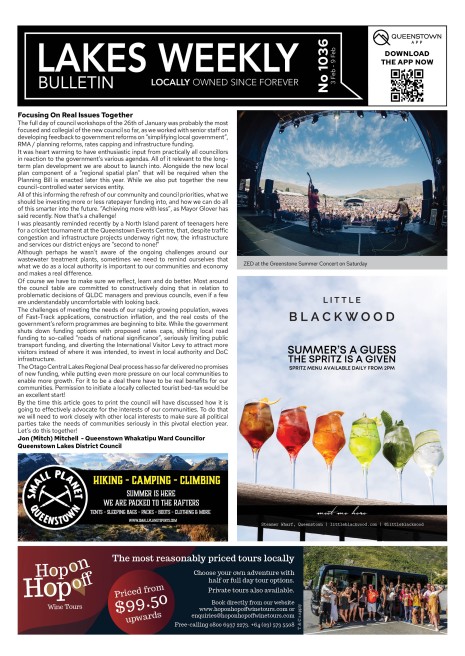Redundancies but Queenstown’s faring better than most
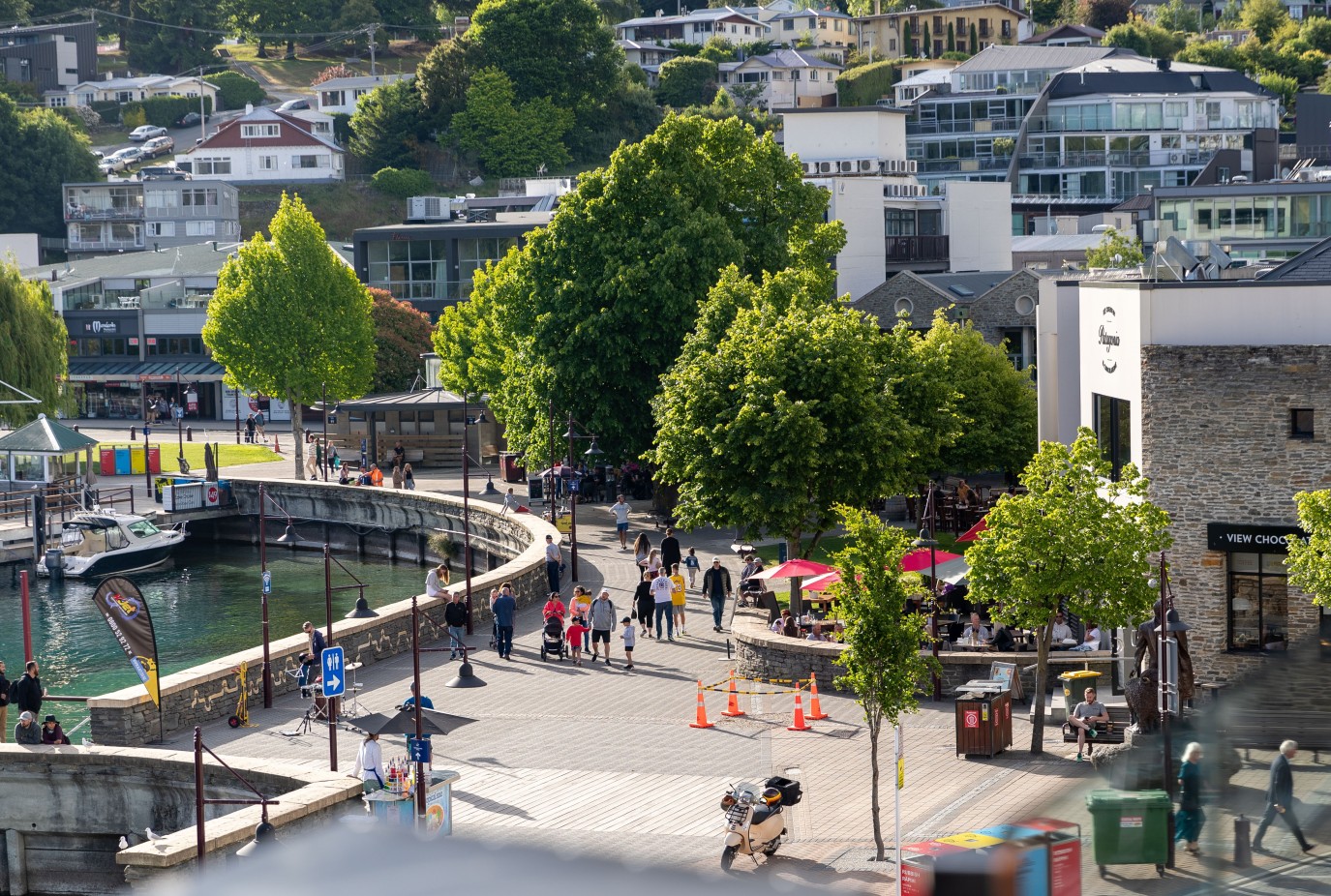
While hours are being cut and lay-offs and redundancies are starting to impact Queenstown, economists suggest Queenstown is faring much better than cities like Auckland and Wellington as the recession bites.
A number of local cleaning companies have been reducing staff and even an established hospitality operator is understood to have made several key staff redundant recently.
Citizens Advice Bureau manager Tracy Pool says they’re working with employees from multiple companies where it appears their employers are trying to terminate their employment.
Another group of women on Accredited Employer Work Visas were told they won’t be paid the required 30 hours anymore. “They’re cutting back their hours to half which they can’t live on,” Pool says. “We’ve been seeing quite a few staff who’ve been made redundant.”
Pool also warns employers to be careful how they go about layoffs and redundancies. “There’s a massive process to follow.”
Partners in Grime owner Bridget Murphy says she’s being forced to shed five wonderful South American staff she sponsored here on Accredited Employer Work Visas. She’s going through that restructuring process this week after looking at her forward bookings.
It’s become too hard since the government raised the AEWV rate to $29.66 an hour. “Unfortunately, I can’t hold them any longer. They’re incredibly nice, hardworking family people but I’m hemorrhaging money,” she says. “This week I’ve got 90 hours of chargeable cleaning and 300 hours to pay,” she says. Most companies pay $25 an hour, but she pays $27.
Queenstown’s better off than peers
Infometrics principal economist Brad Olsen says Queenstown is faring better than other major centers but is still seeing a slowing of economic growth despite the rise in international tourism numbers. “And that’s difficult for a lot of operators,” Olsen says. “I suspect overseas visitors are being a bit more cautious with their money here too.”
Slower growth also generates greater competition as businesses fight for the dollar, but Olsen warns that lowering rates to get work can be “dangerous territory” and put further strain on a business’s finances.
While international tourism numbers are in a good place, it’s not enough for everyone to offset higher inflation and increasing costs, he says. “It’s challenging, but there are shades of grey.” While people are spending less, Queenstown’s employment was up an average of 9.3% in June, though slowing from 11.2% in March.
Official liquidation figures reportedly show the past few months have seen the highest number of liquidations across the country since 2016. In the three months ending June there were 700 insolvencies in NZ, hospitality up 85% on the same period last year, with construction companies worst affected, and Auckland hit hardest.
Queenstown Findex partner Sarah Allely says there aren’t high numbers of businesses in real distress locally, relative to Auckland and Wellington. “Things are tighter, and spending has pulled back but it’s not dire,” she says. While there have been some business closures, others have opened. There will be businesses that are struggling but Allely believes people are more optimistic, feeling like the worst has passed.
Totally Tourism owner Mark Quickfall says businesses have endured lockdowns and are out the other side, but now facing a cost-of-living crisis. “Business owners are exhausted,” he says. Auckland is seeing record numbers of liquidations, so we just need to be careful we don’t kill an industry that’s a top income earner for New Zealand.
Although things are more positive, business hasn’t bounced back as quickly as hoped for. “It was a bit of a false start.”
Business braces for the next shoulder season
Some established operators say winter hasn’t been too bad, although down on last year, but they’re bracing themselves for another shoulder season before a hopefully busy summer. “April-May was the first shoulder season in probably a decade, but it’s a tricky time in the economy,” Future Bars’ Bert Haines says. “It may be challenging in the short term, but we need to keep pushing these great events, like the marathon coming up.”
Hospitality NZ CEO Steve Armitage says it’s a challenging time for hospitality in Queenstown and NZ which is forcing a number of operators to make difficult decisions, like reducing staff and operating times, or closing up.
While there have been some high-profile closures, new hospitality venues are opening regularly. “Queenstown’s hospitality industry has been fickle recently with fewer local visitors but a rise in international travelers,” Armitage says. However, recent developments, like the OCR cut and improving tourism forecasts are positive indicators for summer. Working Holiday Visas will play a key role in supplementing the summer workforce.
Sources say a lot of businesses are probably hanging on to get trading figures up so that they’re in a better position to sell.
Kiwibank chief economist Jarrod Kerr says while numbers are still way below what business owners would like, the whole of Otago is recording above average business activity and confidence. “The South Island, particularly the tourist regions, are faring better than the North Island,” he says.
“Yes, it’s bad and it feels horrible, but it’s ending next year and 2025 will be better than this year.”

